Meet Eden Cheng | Olympic diver from Great Britain (Tokyo 2020)
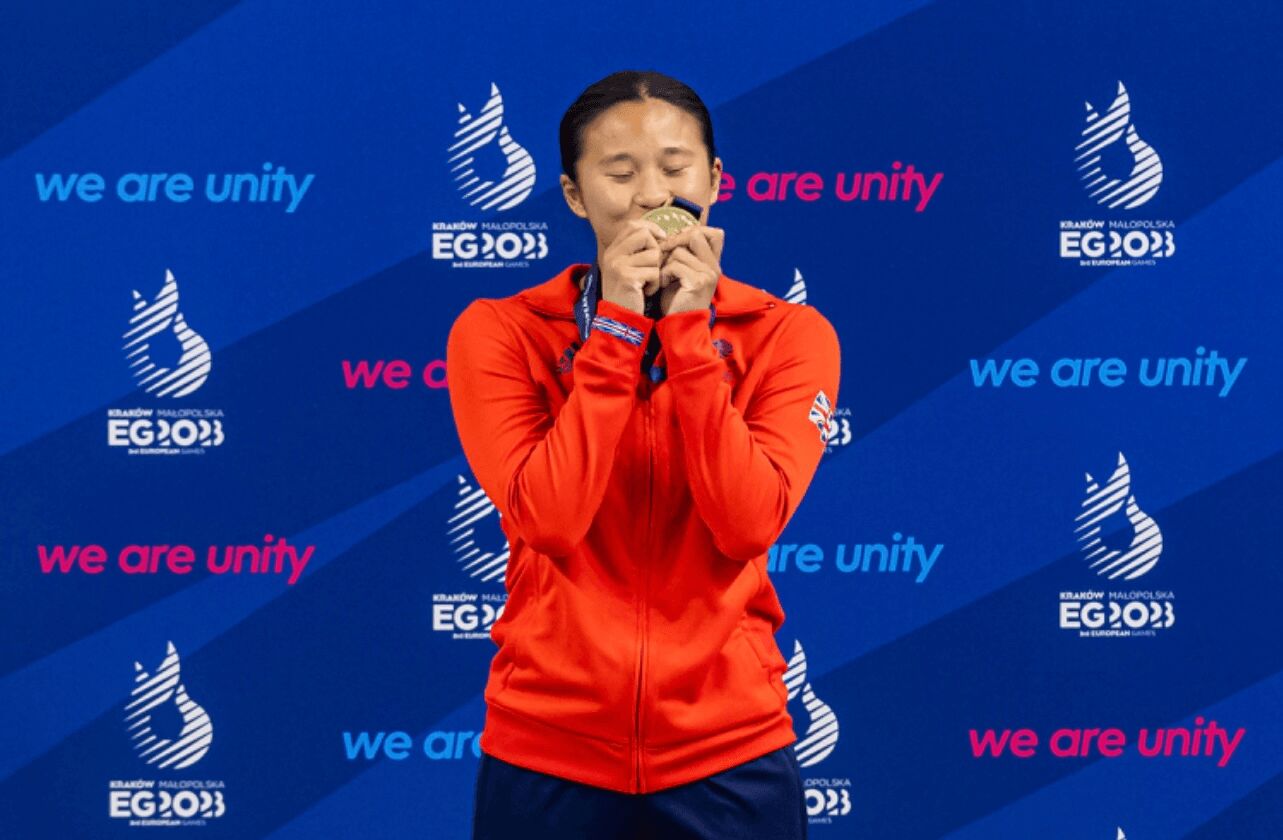
We had the good fortune of connecting with Eden Cheng and we’ve shared our conversation below.
Hi Eden, can you talk to us a bit about the social impact of your business?
Looking at some of my achievements during my career so far, I believe that being one of the very few Asian-looking faces on the British Diving National Team and the Tokyo 2020 Olympic team for Great Britain, can be a source of inspiration for the British-Chinese community.
The British-Chinese Community is generally recognised for their academic attainment at schools and higher education, therefore having a positive contribution to the economy and earning successful careers, however, in other areas such as sport, we are under-represented.
Can you name more than three British-Chinese athletes representing Great Britain in major international competitions?
I hope my achievements in sport can help change the stereotypical perceptions of the British-Chinese Community and enable us to be viewed as a patriotic community of diverse talents.
For the first few years of my time on the British National Diving Team, I often felt different and experienced imposter’s syndrome on many occasions. Since I didn’t have many role models that looked like me in sport, but I hope I can be a role model for others.
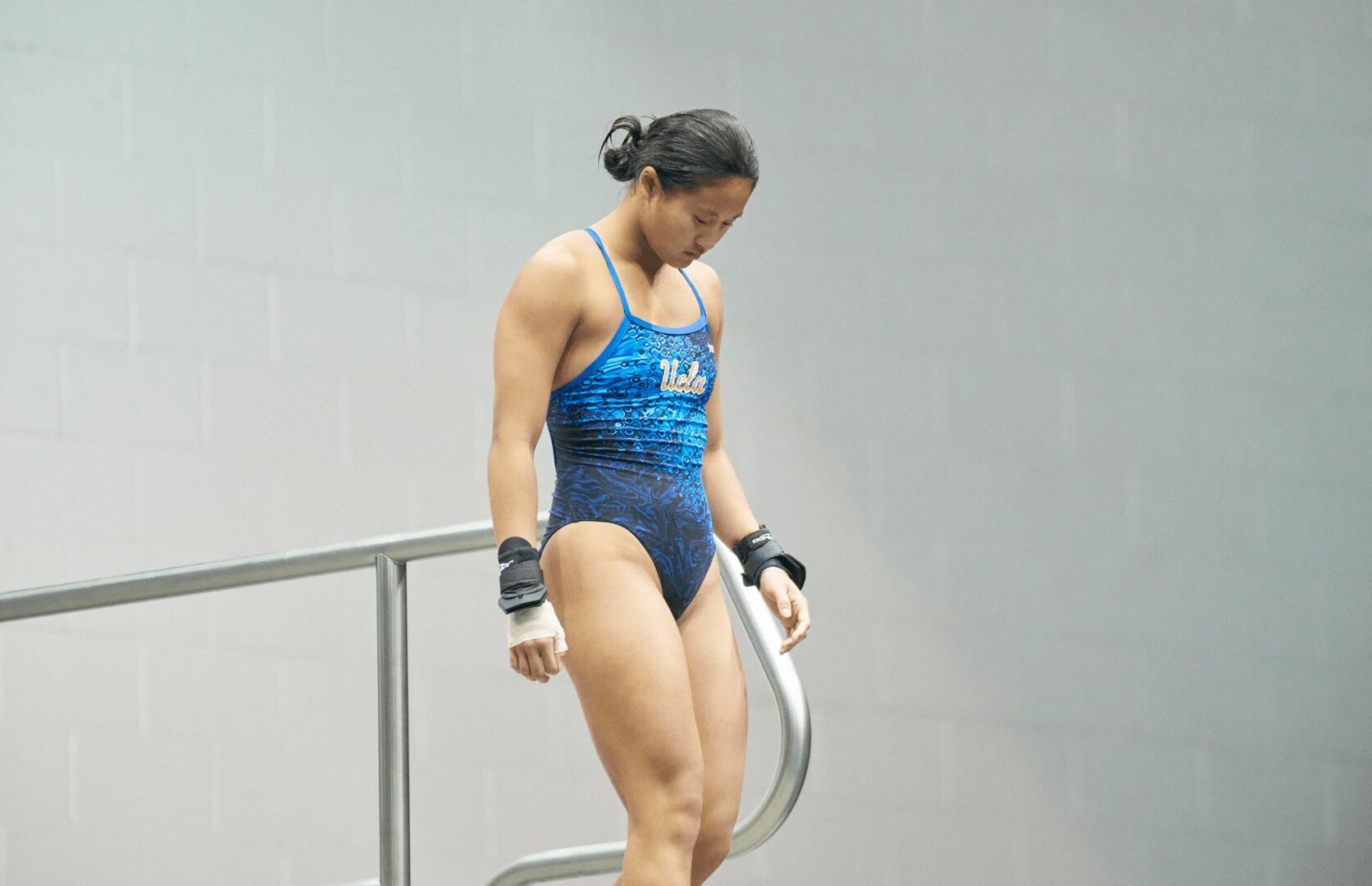
Alright, so let’s move onto what keeps you busy professionally?
These are from the previous set of questions.
How to know whether to keep going or to give up?
Already throughout my career, there have been times when I have faced this question. My road to many competitions has not been smooth sailing and has been disrupted by injuries. A standout example was the comeback from ankle surgery in the 2023 diving season. During this season lots changed for me in many different ways. I moved over 5000 miles away across the world to start a new chapter in Los Angeles, attending UCLA as a student-athlete on a full-ride scholarship. The journey post-op for me wasn’t what I had imagined and on many occasions, I questioned whether it was time to give up or keep going since I had already achieved my childhood dream of competing at the Olympic Games. I had hoped for a fresh start but instead, my life had become one of an athlete suffering from chronic pain day to day. The easiest of everyday essential tasks like walking and bending over were near to impossible. My first quarter at UCLA had turned into one full of anxiety, acute depression, lots of doctors’ appointments and more steroid injections.
The decision of whether to keep going or give up ultimately came down to me. The questions I had to ask myself were “Is there anything more I could do in this sport?” and “Am I ready to give up?”.
My friends, who are also my teammates, my family and my coach all still thought there was more I could give, and that was the driving force to my decision to not give up. The belief in me by them made me start to believe in myself again. The start of this new journey had a focus on finding my confidence and using that as empowerment.
If you are a parent, what do you think is the most important thing you’ve done as a parent in terms of the impact on your children?
I am not a parent myself, however, my parents impacted my life greatly. They taught me many life lessons that have helped me become a better athlete and person. The most impactful lesson my parents taught me is the importance of hard work, as you can’t always achieve your goals without putting in the effort.
Sport is a dog-eat-dog world and only the best of the best come out on top. To be a part of the top 1% of athletes in the world is a very challenging thing, and takes mountains of hard work and dedication.
The lifespan of an athlete in a sport like diving is notably short compared to other sports and everyday careers. Divers in their late 20s are often considered older within the sport, despite being relatively young in everyday society. The physical demands of diving are incredibly taxing on the body, and the intense training and high-impact nature of the sport can accelerate wear and tear, leading to a shortened career in the sport.
Throughout my time in diving, my parents constantly reminded me of the importance of academics alongside my athletic pursuits. There were moments when I believed diving was my entire life and that I would do it forever, but the reality is that you can’t. I learned that studying hard and achieving top grades can be just as rewarding as winning medals. Unlike medals, a strong education can secure a successful career and set you up for life.
Work-life balance: How has your balance changed over time? What do you think about the balance?
From a very young age, I have always been involved in extracurricular activities, whether that be sports clubs, learning to play a musical instrument or learning how to sing, dance and act. Around the age of 10, I gradually gravitated more to sports. I started as a gymnast and transitioned into diving when I was 12. The inspiration for the change came from watching my now teammate and friend Tom Daley compete and win a bronze medal at London 2012.
For a long time and even now my life balance has always been about academic and sporting balance, particularly juggling school work and diving. It hasn’t been easy, to say the least, but with a great challenge comes an even bigger reward. I have learnt so much about myself throughout this journey and lessons you just can’t teach in the classroom. Where I am today and what I have achieved is a testament to my GRIT and determination.
In my high school days, eating meals at the dinner table was non-existent. Instead, eating in the car whilst on the move was the new norm. I had to master time management to keep up with my schoolwork, optimise my performance and make time for myself. The balance between academics and sport is like a weighing scale; it can tip more to one side at times, but achieving equilibrium is optimal. Whenever the scale tipped, my parents were always there to help me restore balance.
Maintaining the balance has taught me about resilience, sacrifice and perseverance.
How do you define success?
Success, in my eyes, can be defined in many different ways, and over the years as a professional athlete, my definition of success has evolved. Like any child, I initially thought that to be successful, you had to beat everyone else and win everything. Those who kept winning and accumulated the most medals were, in my eyes, the most successful.
However, my years in elite sports have reshaped my perspective. I’ve learned that success isn’t solely about victories; it’s also about the journey, the dedication, and the growth along the way. These past few years, particularly after the Tokyo 2020 Olympics, have been transformative. During this time, success wasn’t just about winning medals; it was about personal growth, overcoming obstacles, and becoming a better version of myself.
I’ve come to understand that success is also about resilience and the ability to adapt and thrive in the face of challenges. It’s about setting lots of small personal goals and achieving them, whether they’re related to sports, academics, or personal development. Success is finding balance in life and maintaining well-being. It’s also about the impact you have on others.
As an Olympian, I’ve had the privilege to inspire and motivate young athletes, share my experiences, and contribute to the community. The ability to inspire others and give back has become a significant part of my definition of success.
SO, success is multi-dimensional. It includes achieving tangible results, like medals and titles, but also encompasses the intangible aspects of personal growth, perseverance, and the positive influence you have on the world around you.
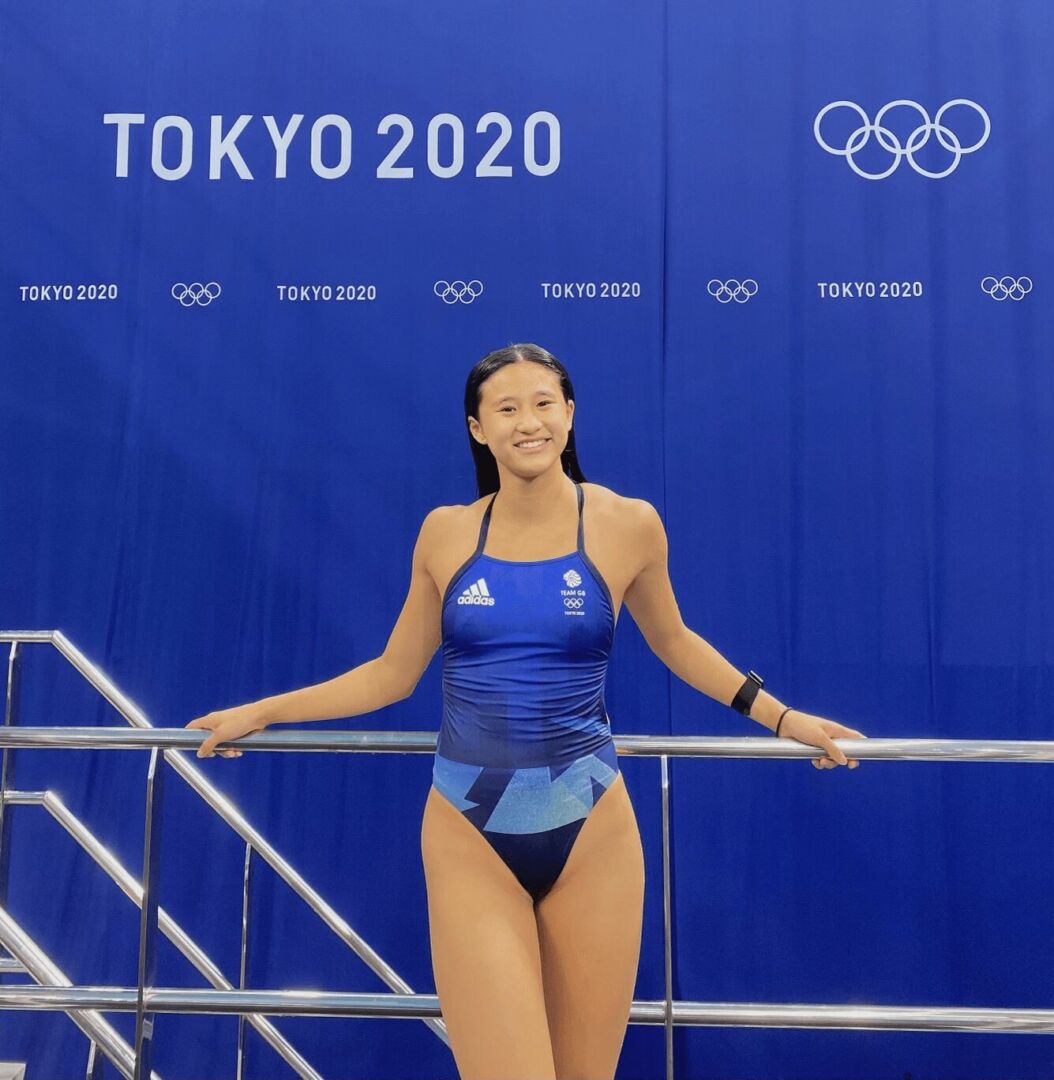
If you had a friend visiting you, what are some of the local spots you’d want to take them around to?
The first place would be the UCLA campus, it’s so big and I still have lots more places to discover. I also would say Santa Monica and Venice. They are landmark places to visit and whenever I go there I feel like I am on a movie set. The getty is another place to go – best art museum ever its free and a great day out. The pacific palisades and melrose and of course beverly hills. I love walking around these places and soaking up everything, I like taking photos of these places since it is so different to where I am from, London in the UK.
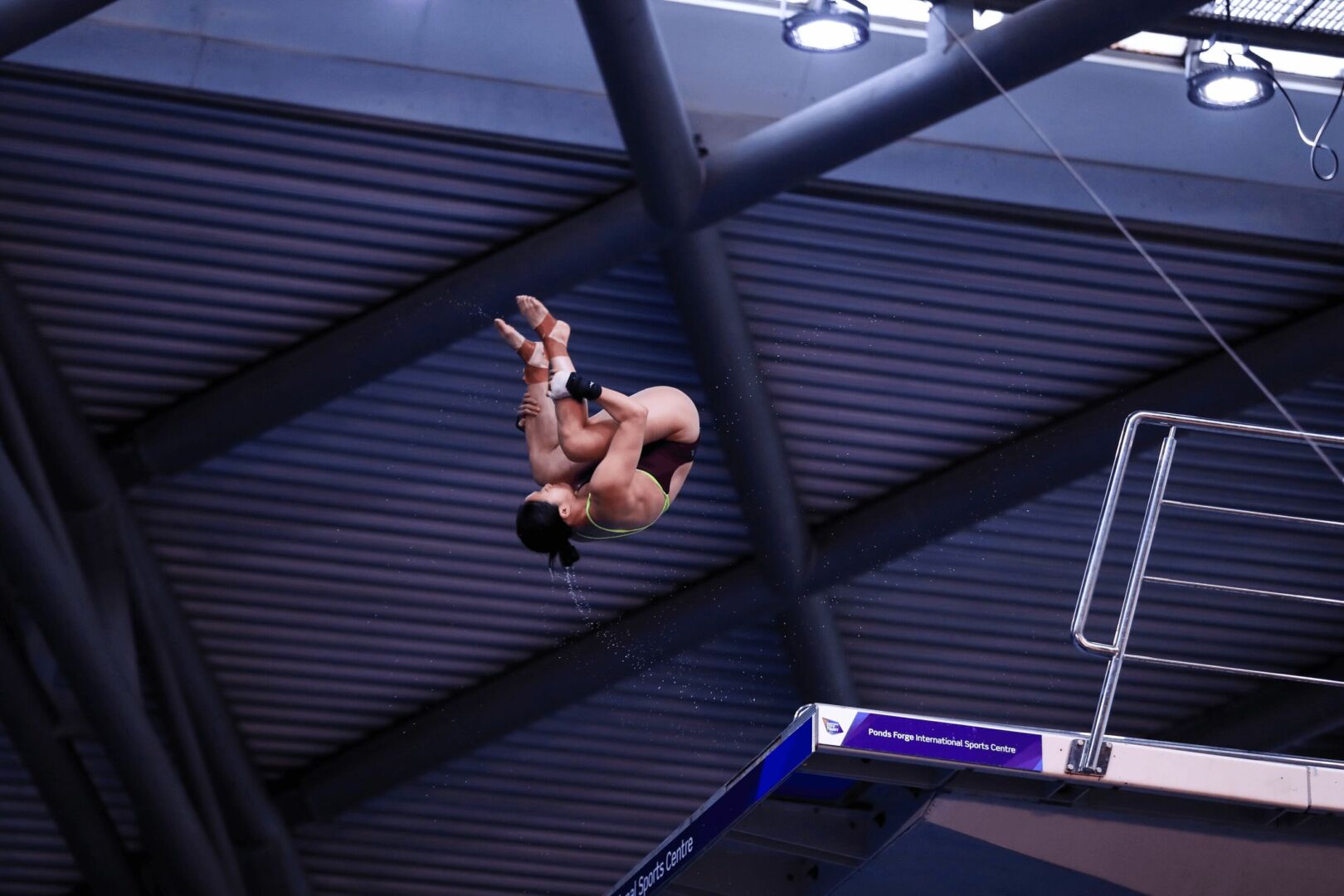
Shoutout is all about shouting out others who you feel deserve additional recognition and exposure. Who would you like to shoutout?
I would love to dedicate this shoutout to my family and the UCLA swimming and diving team. They were the ones who have been behind me when I was at my lowest and brought me back. I definitely would like to thank Team GB and British Diving for all the opportunities I have been given to represent my country at the highest of levels too.
Instagram: @eden.chengx
Linkedin: https://www.linkedin.com/in/eden-cheng-b3a39a304
Facebook: https://www.facebook.com/eden.chengx/
Other: email: edenvcheng.x@gmail.com
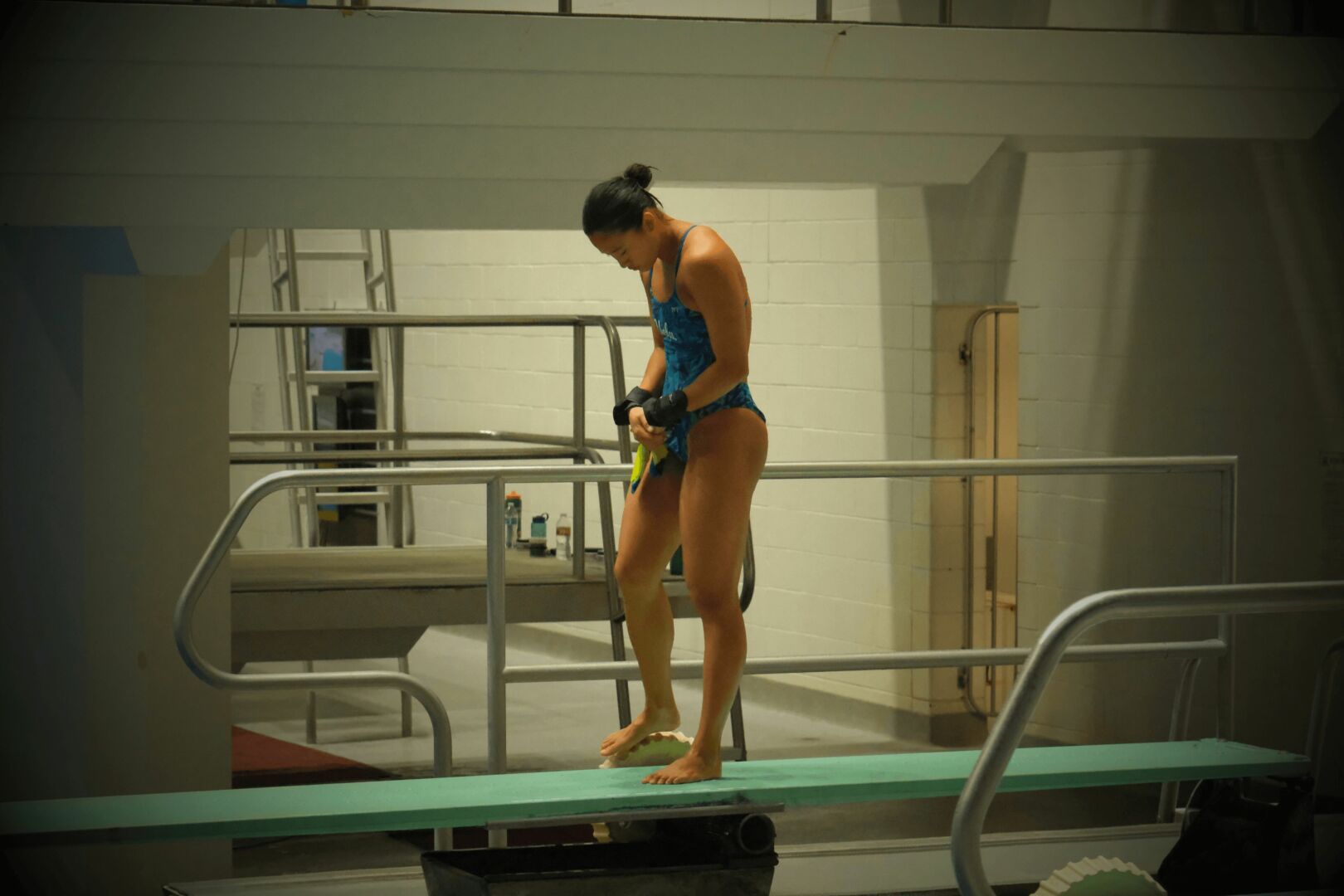
Image Credits
Owen Yancher – UCLA photos
